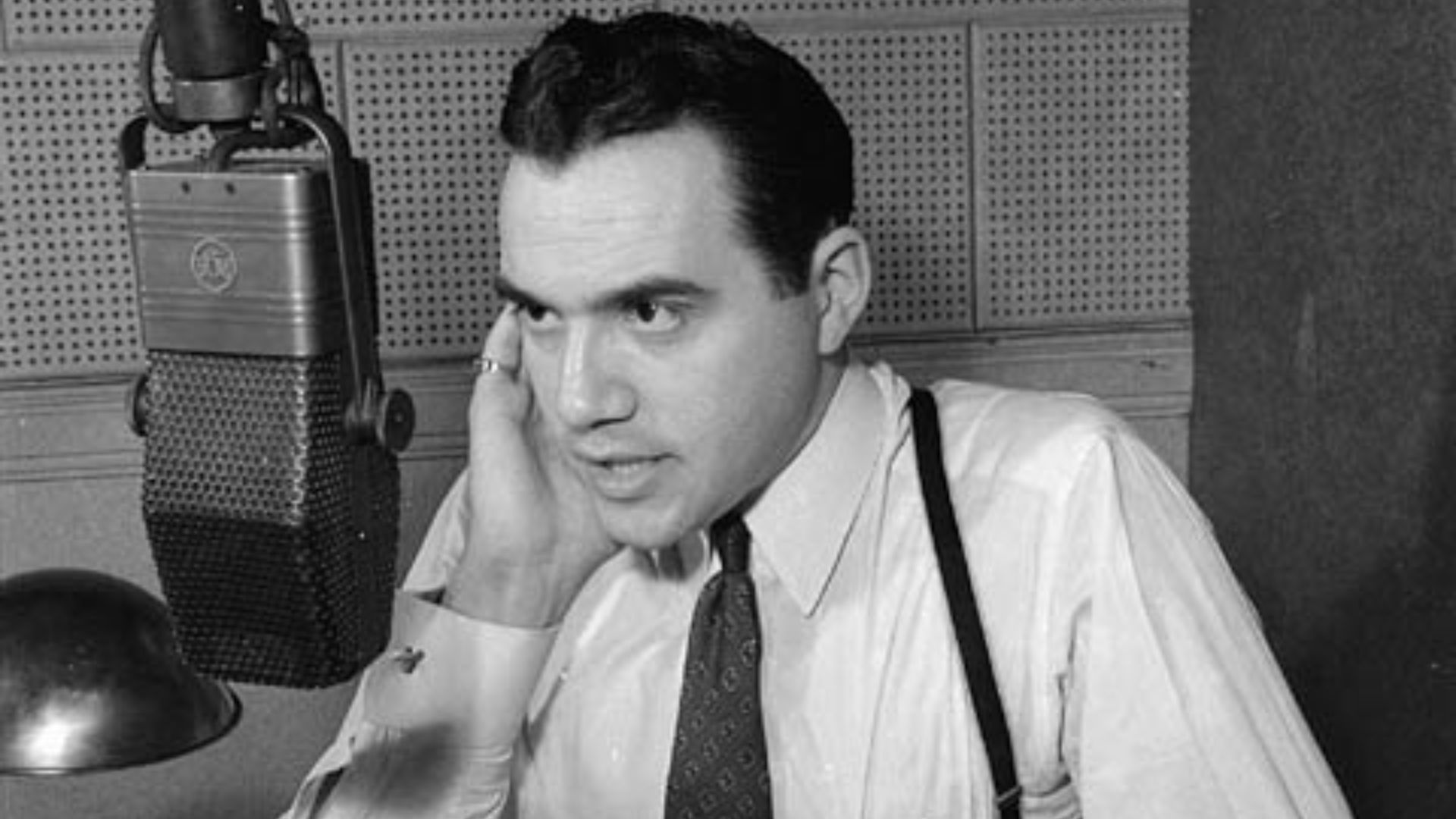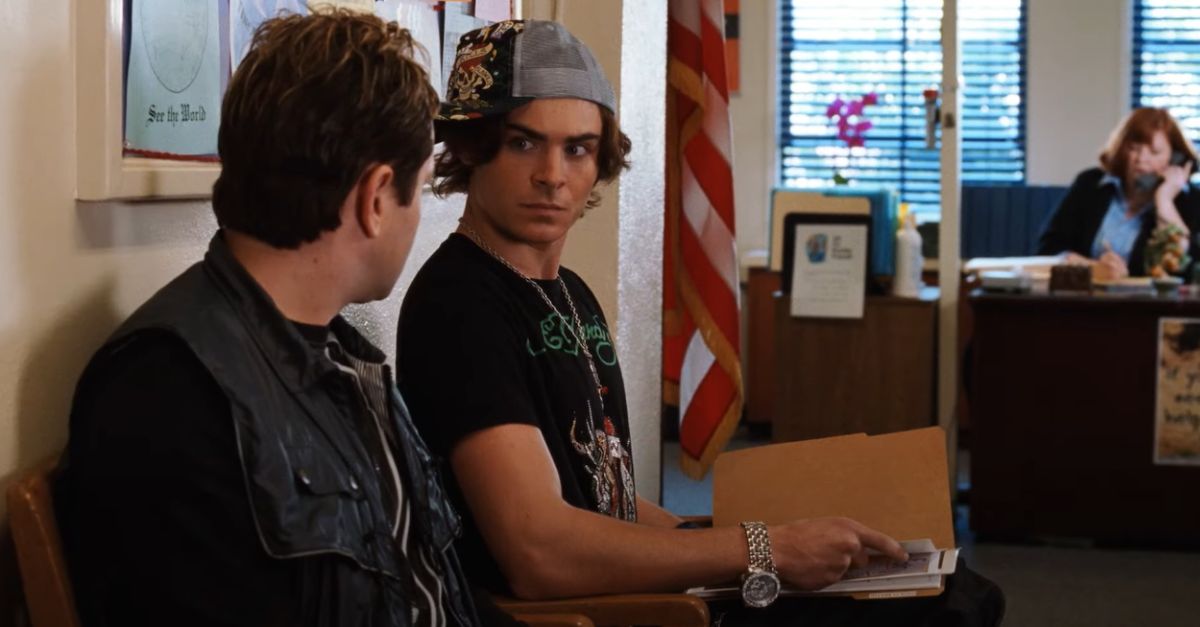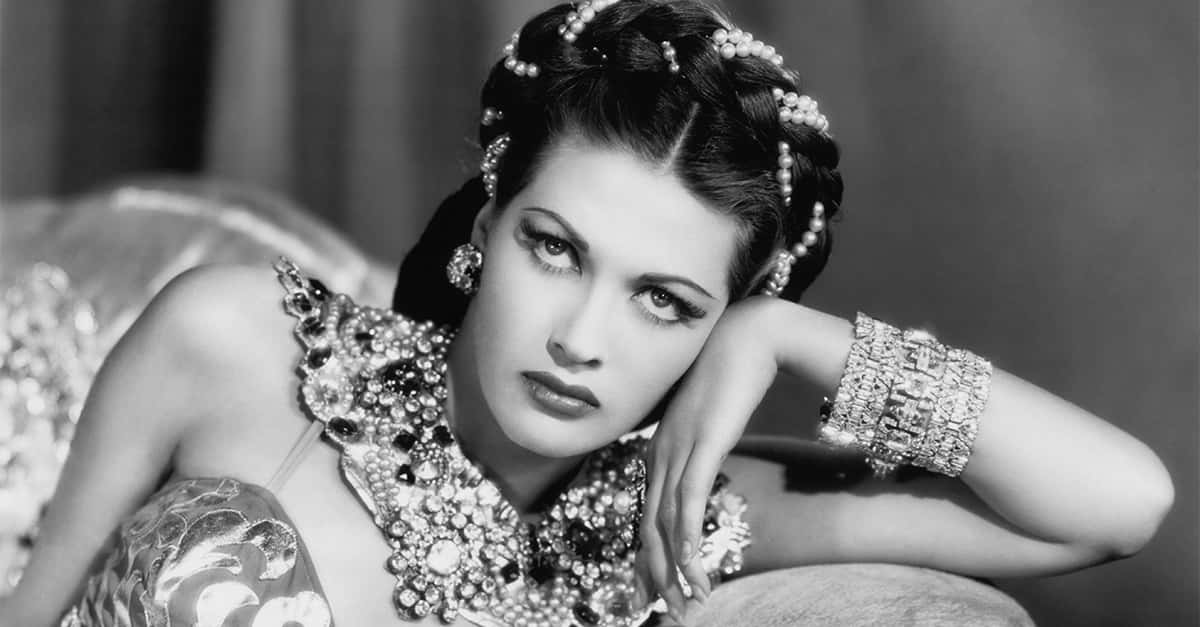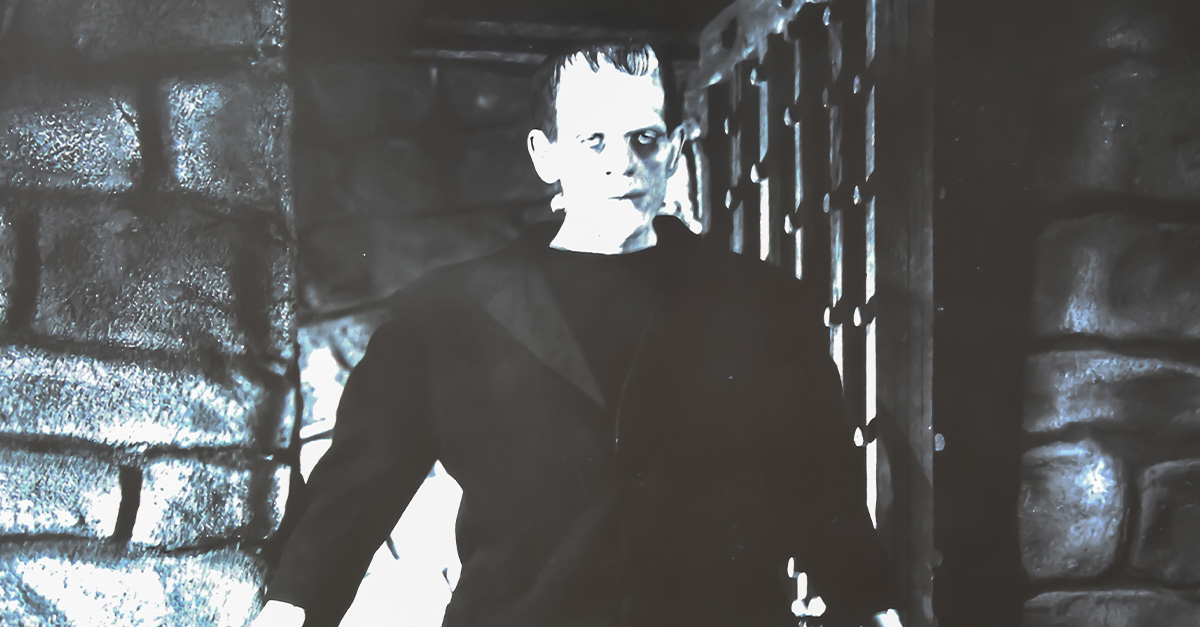How Were These #1 Hits
Not every number-one hit becomes a classic. Some songs soar to the top, only to be mocked or quietly buried in the pop culture graveyard. Remember "Disco Duck"?
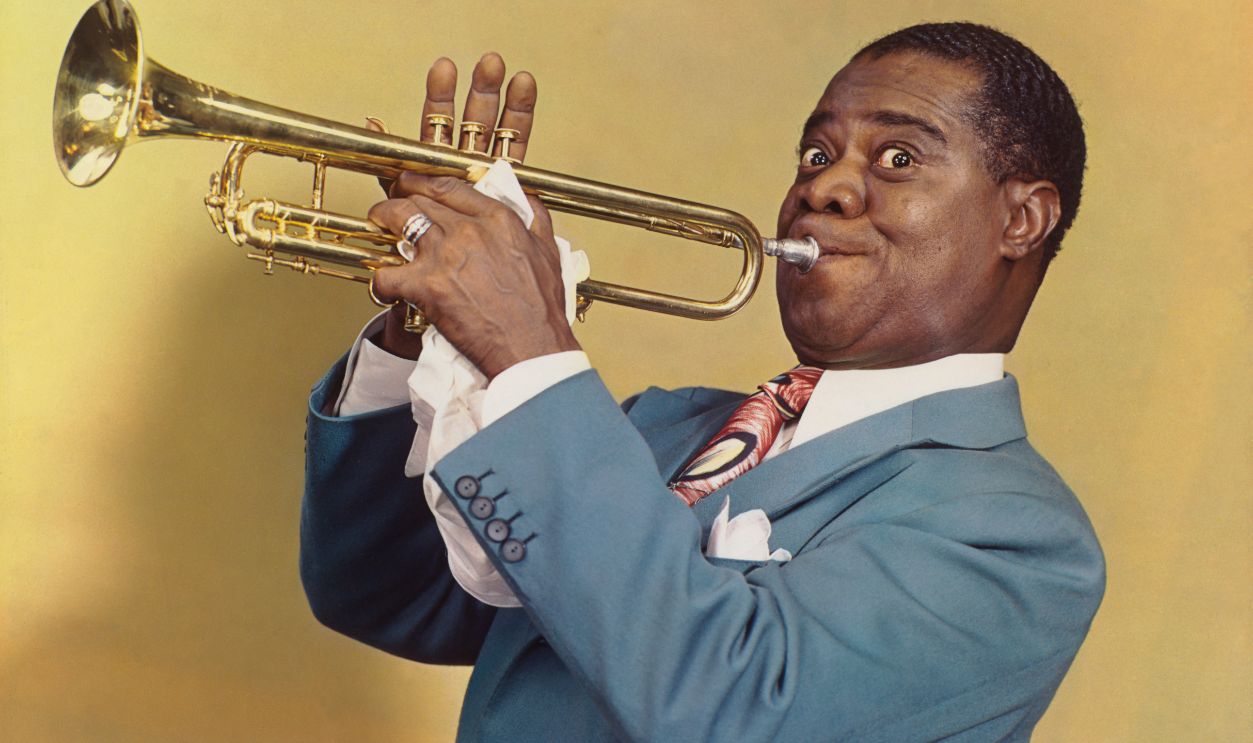
"Disco Duck" (1976)
No one needed a Donald Duck disco impersonation, but radio stations played it like it was Saturday Night Fever. Rick Dees created a track that was so goofy that it became a cultural gag and then somehow hit #1. With cartoon quacks, "Disco Duck" turned novelty into national noise.
 Disco Duck | 1976 | Rick Dees & His Cast of Idiots | by Child of the 80s
Disco Duck | 1976 | Rick Dees & His Cast of Idiots | by Child of the 80s
"We Built This City" (1985)
With lyrics bemoaning the death of rock over a soundtrack that sounds like a boardroom made it, this song made critics wince. Audiences voted it one of the worst songs of all time. Built on irony instead of rebellion, it's an anthem that accidentally celebrated everything it claimed to oppose.
 Starship - We Built This City (Official Music Video) [HD] by RHINO
Starship - We Built This City (Official Music Video) [HD] by RHINO
"I'm Too Sexy" (1992)
Strutting onto the charts with zero shame, this song turned self-obsession into a global punchline. With a half-spoken, half-smirked delivery, it's more runway skit than a radio hit. The beat loops endlessly while the lyrics flex like a parody of male modeling. It was catchy, yes, but also ridiculous.
 Right Said Fred - I'm Too Sexy (Original Mix - 2006 Version) by Radial by The Orchard
Right Said Fred - I'm Too Sexy (Original Mix - 2006 Version) by Radial by The Orchard
"The Thing" (1950)
A song about a guy who finds a mysterious "thing" and can't get rid of it, this novelty hit was a runaway success in 1950, spending 14 weeks on the Billboard charts. With its campfire-story vibe, it felt more like a Boy Scout chant than a pop hit.
 The Thing - Phil Harris (Video Version) by numberones1890
The Thing - Phil Harris (Video Version) by numberones1890
"Ebony And Ivory" (1982)
Two music legends teamed up to deliver a tune that felt like a preschool lesson. Paul McCartney and Stevie Wonder meant well, but the execution was painfully literal. The lyrics explain racial harmony by comparing people to black and white piano keys—simple enough for a coloring book.
 Ebony and Ivory (1982) | Paul McCartney & Stevie Wonder by Reelblack One
Ebony and Ivory (1982) | Paul McCartney & Stevie Wonder by Reelblack One
"Honey" (1968)
What begins as a quiet reflection on a young woman's quirks quickly turns into an emotional ambush. "Honey" unfolds like a eulogy wrapped in bubble wrap—tender but strangely stiff. Bobby Goldsboro's trembling delivery makes every line feel like a farewell, even when he's just describing a tree she planted.
 Bobby Goldsboro - Honey (1968) by Ashraf Birairy
Bobby Goldsboro - Honey (1968) by Ashraf Birairy
"(You're) Having My Baby" (1974)
This song ended up sounding like a control manual in ballad form. The chorus alone—"you could have swept it from your life but you didn't"—raised more eyebrows than lighters. Anka's old-school sentiment clashed hard with the growing feminist wave. It charted high, but aged like milk in summer.
 You're Having My Baby - Paul Anka & Odia Coates | The Midnight Special by The Midnight Special
You're Having My Baby - Paul Anka & Odia Coates | The Midnight Special by The Midnight Special
"Ringo" (1964)
"Ringo" opens like a spaghetti western and never really becomes a song. Lorne Greene, best known as a TV cowboy on Bonanza, speaks his way through a dramatic ballad about a silent gunslinger named Ringo. The title misled a lot of Beatles fans, who expected something drum-heavy and British.
"Informer" (1993)
A white Canadian reggae rapper delivered one of the decade's most baffling #1s with a song barely anyone could understand. Snow's rapid, slurred delivery left listeners struggling to decipher lyrics—only to find even more confusion. Its beat is catchy, but the track aged like expired slang.
 Snow - Informer by Piros Paradicsom
Snow - Informer by Piros Paradicsom
"Winchester Cathedral" (1966)
You'd think it came from 1926, not 1966. Sung through a megaphone with a fake British accent and a Dixieland-style arrangement, this song felt like a novelty even when it debuted. Somehow, it soared to #1 during the same era as Hendrix and the Stones.
"Purple People Eater" (1958)
A one-eyed creature from outer space lands on Earth with a dream—to join a rock 'n' roll band. For some reason, that was enough to dominate the charts in 1958. Sheb Wooley's voice was sped up to sound like an alien, and the lyrics were nonsense. But America loved it.
 Sheb Wooley "The Purple People Eater" (Official Video) by All Seasons Music
Sheb Wooley "The Purple People Eater" (Official Video) by All Seasons Music
"Hello, Dolly!" (1964)
There's no denying Louis Armstrong's legendary status, but this track felt like a sentimental detour in a rapidly modernizing music scene. Broadway flair and a tune straight from the golden-age stage made it stick out next to guitar-driven rock and soul. Still, its charm wore thin fast.
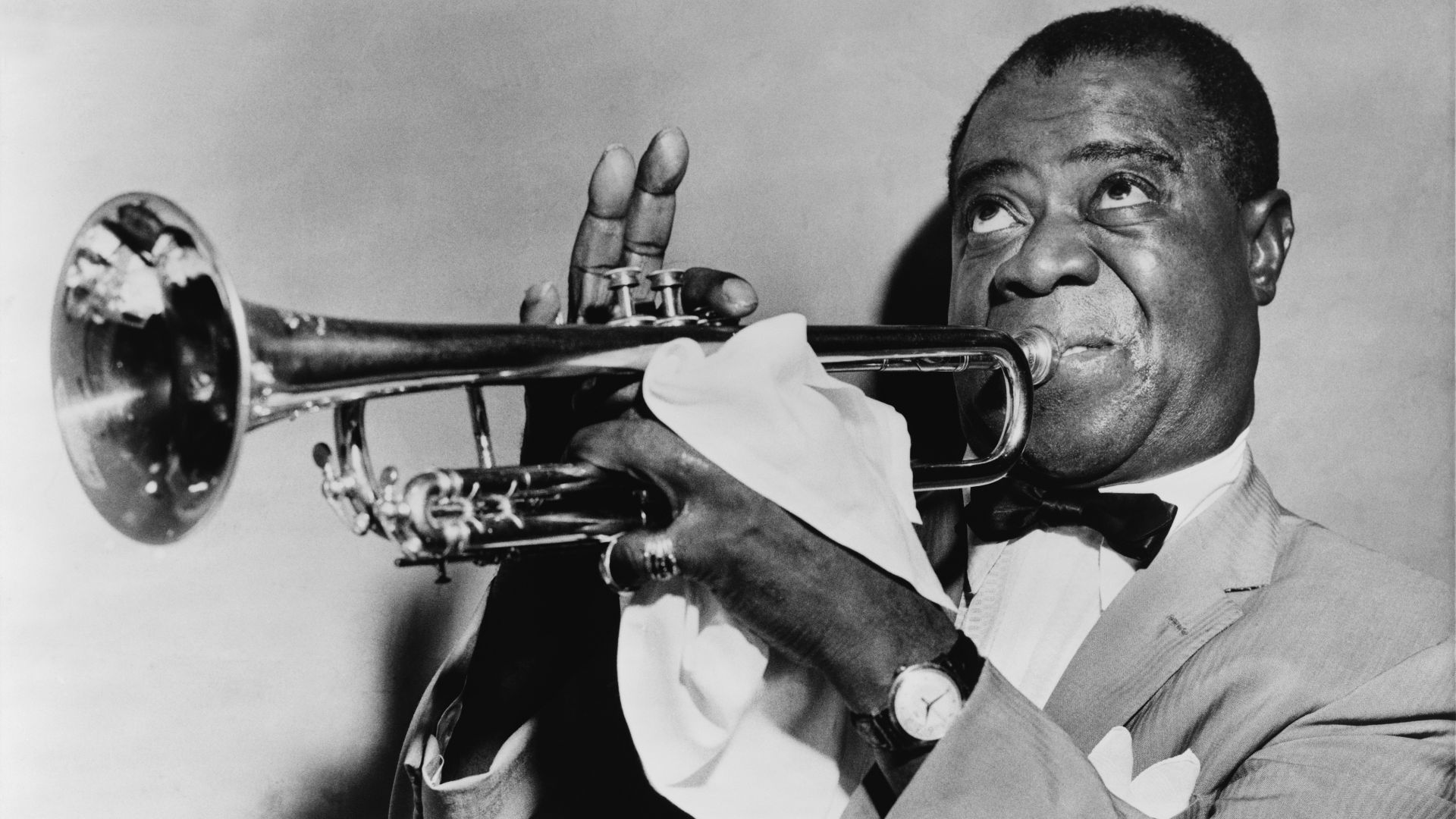 World-Telegram staff photographer, Wikimedia Commons
World-Telegram staff photographer, Wikimedia Commons
"Sukiyaki" (1963)
Beautifully sung in Japanese, listeners loved it—even if they didn't understand a word. It translates to "I Look Up as I Walk" but was renamed "Sukiyaki" for Western audiences, which made about as much sense as calling a French ballad "Croissant". It topped charts, then faded into pop trivia.
 Kyu Sakamoto - Sukiyaki 1963 by ForeverMusicJukebox
Kyu Sakamoto - Sukiyaki 1963 by ForeverMusicJukebox
"Ballad Of The Green Berets" (1966)
Barry Sadler, an actual Green Beret, delivered this song with all the emotional range of a recruitment ad. Sung with military stiffness, this ballad marched straight to #1 at the height of the Vietnam War. While it resonated with conservative listeners, it clashed awkwardly with the counterculture.
 Ballad of the Green Berets - [HD] - - - SSGT Barry SADLER by Goldenman39z
Ballad of the Green Berets - [HD] - - - SSGT Barry SADLER by Goldenman39z
"The Streak" (1974)
Capitalizing on a short-lived cultural fad, this goofy tune celebrated the art of running undressed through public spaces. Ray Stevens leaned into slapstick humor with fake news bulletins and cartoonish vocals. It topped the charts during a streaking craze but lost its relevance the second pants went back on.
 Ray Stevens - The Streak (Top of the Pops, 12-27-74) by raystevensmusic
Ray Stevens - The Streak (Top of the Pops, 12-27-74) by raystevensmusic
“Muskrat Love” (1976)
This soft-rock serenade about two amorous rodents was oddly sincere. With synth squeaks mimicking muskrats in love, it crossed into surreal territory. The duo sang it straight-faced, which made it even weirder. Though it was #1 on the Adult Contemporary Chart, critics trashed it.
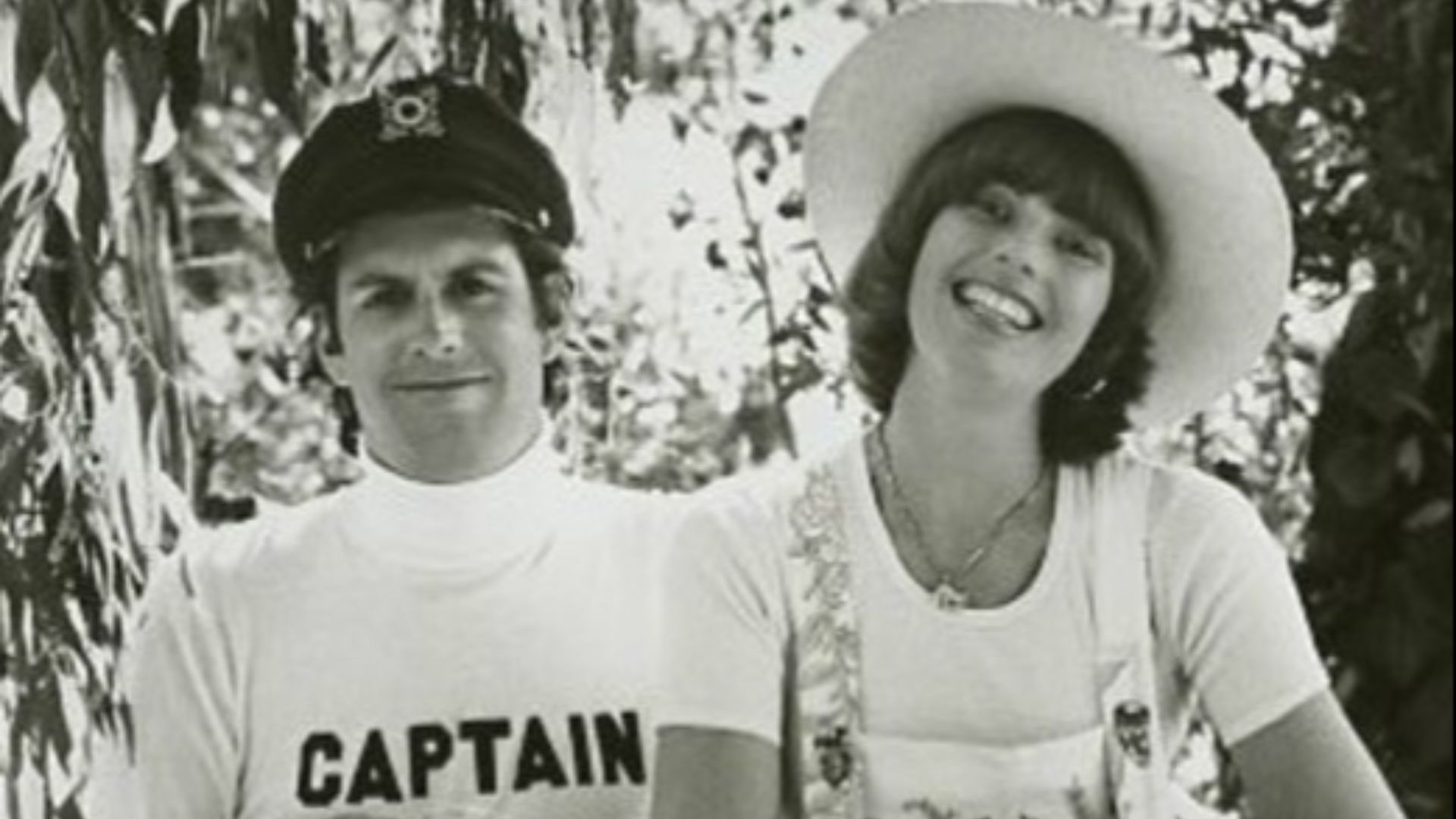 ABC Television, Wikimedia Commons
ABC Television, Wikimedia Commons
"Say Say Say" (1983)
This collab had star power but lacked punch. Paul McCartney and Michael Jackson trade verses over a lightweight beat that floats without much direction. The chemistry felt more like a business deal than a duet. Despite its chart success, it remains a forgotten footnote in both of their legendary careers.
"Rock Me Amadeus" (1985)
Somewhere between German rap and history class, this track convinced listeners that Mozart could moonwalk. Falco chants over a chaotic beat while English voiceovers throw random dates like a school project on caffeine. It worked—for a minute. The track went to #1 and then moonwalked straight off the cultural map.
 Falco - Rock Me Amadeus (Official Video) by FALCO
Falco - Rock Me Amadeus (Official Video) by FALCO
"This Diamond Ring" (1965)
It's a breakup song but somehow sounds cheerful enough to soundtrack a department store commercial. Gary Lewis, son of comedian Jerry Lewis, croons about lost love with all the heartbreak of a sock hop. Despite its chart success, it faded quickly—more bubblegum than a ballad, and barely chewy at that.
 Gary Lewis & The Playboys "This Diamond Ring" on The Ed Sullivan Show by The Ed Sullivan Show
Gary Lewis & The Playboys "This Diamond Ring" on The Ed Sullivan Show by The Ed Sullivan Show
"Butterfly" (2001)
Technically released in 2000, it topped charts in early 2001—but it's peak 1990s rap-rock in every sense. Whiny vocals and painfully earnest lyrics turned this love song into a punchline. Critics tore it apart, and even fans of nu-metal wanted distance.
 Crazy Town - Butterfly [4K Remastered] by elcoronelGOD
Crazy Town - Butterfly [4K Remastered] by elcoronelGOD
"My Ding-A-Ling" (1972)
Rock and roll's founding father scored his only number-one hit with a juvenile novelty tune about playing with… bells. Chuck Berry's fans cringed as the man who gave them "Johnny B Goode" introduced this schoolyard snickerfest. It's cheeky, sure—but hardly the encore anyone expected.
 'My Ding A Ling' Sing Along (with intro) - Chuck Berry, with Rocking Horse, London 1972 by db1958
'My Ding A Ling' Sing Along (with intro) - Chuck Berry, with Rocking Horse, London 1972 by db1958
“Mmm Mmm Mmm Mmm” (1994)
A deep-voiced dirge about childhood trauma somehow became a singalong hit. Each verse tells a depressing story with surreal details, while the chorus just hums its way through the gloom. People loved it for how weird it was, but no one could really explain why.
 Crash Test Dummies - Mmm Mmm Mmm Mmm (Official Video) by Crash Test Dummies
Crash Test Dummies - Mmm Mmm Mmm Mmm (Official Video) by Crash Test Dummies
"One Tin Soldier" (1971)
This anti-war fable snuck onto the charts during a wave of peace-and-love messaging, but its storytelling was more fairytale than protest. Drenched in melodrama, it's about mountain people and a treasure that turns out to be... love. The lyrics try hard to deliver meaning, but the delivery feels forced.
 Billy Jack (One Tin Soldier) by Tim Selbe
Billy Jack (One Tin Soldier) by Tim Selbe
"Seasons In The Sun" (1974)
With lines like "Goodbye, Papa, it's hard to die," this farewell tune came gift-wrapped in gloom. Terry Jacks' flat delivery paired with major-key cheeriness to make the song unsettling. It's often cited as a textbook example of how not to handle grief in pop music.
"Itsy Bitsy Teenie Weenie Yellow Polkadot Bikini" (1960)
A song about a girl who buys a bikini but is too embarrassed to wear it. It sticks to your brain like gum on a sidewalk. It was cute for about a minute—then it became the musical equivalent of a cartoon jingle. It was forever trapped in the novelty-song vault.
 Brian Hyland - Itsy Bitsy Teenie Weenie Yellow Polka Dot Bikini by 33Evenstar
Brian Hyland - Itsy Bitsy Teenie Weenie Yellow Polka Dot Bikini by 33Evenstar


